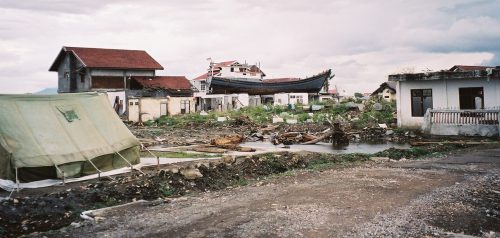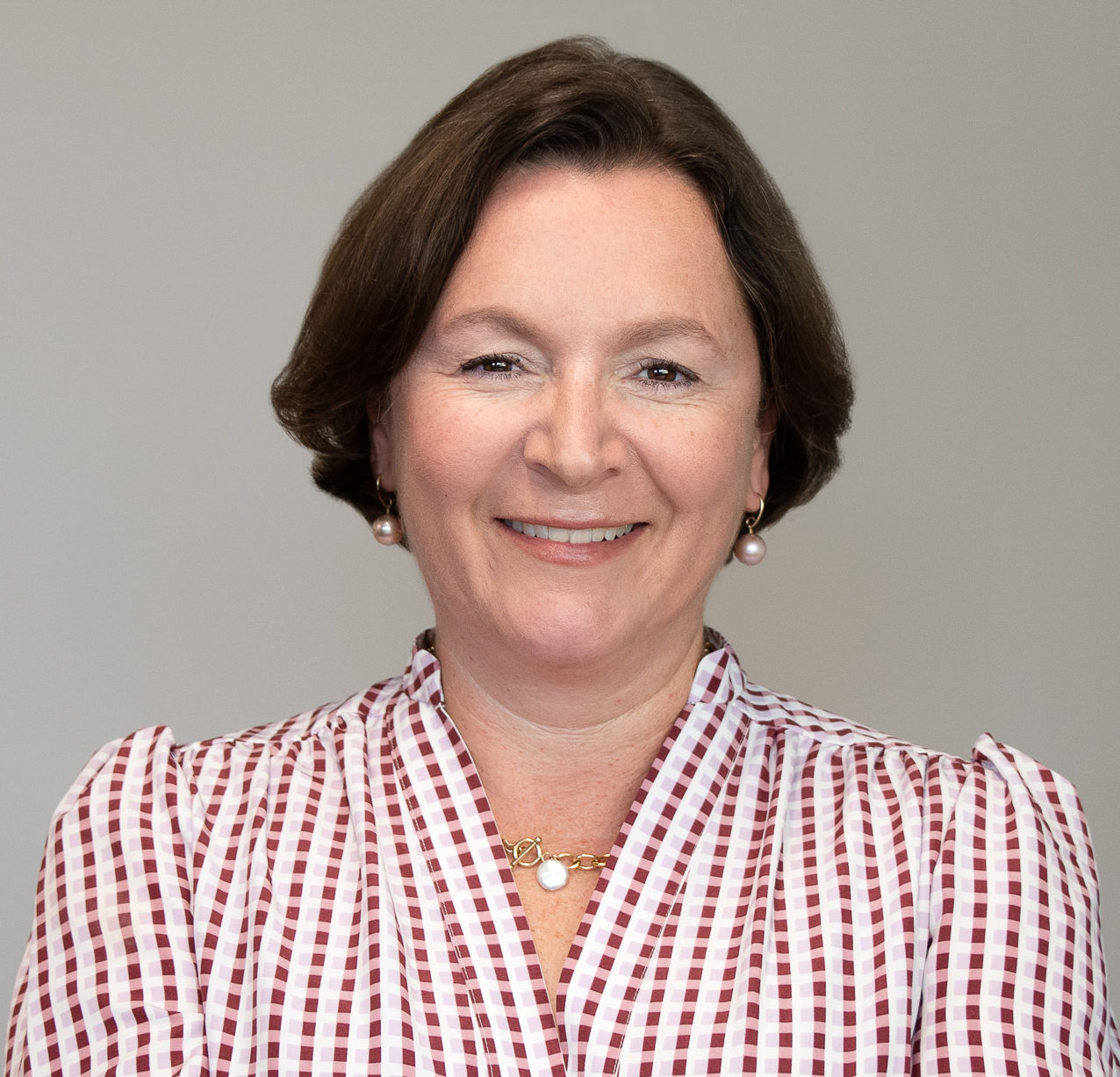Three Keys to Effective Earthquake Recovery
Watch, learn, then act to support medium- and long-term recovery work that strengthens local communities. Just shy of one year ago Nepal was rocked by a series of catastrophic earthquakes that devastated infrastructure, caused significant deaths, and upended previously-vulnerable communities. Today, we are just days into two horrific earthquakes that caused significant damage and loss […]
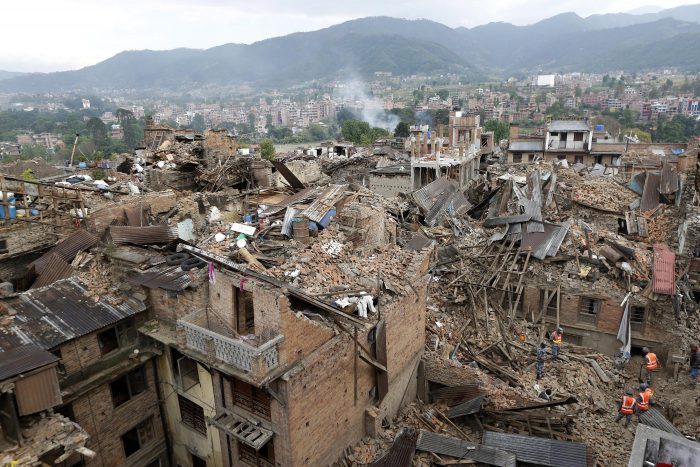
Watch, learn, then act to support medium- and long-term recovery work that strengthens local communities.
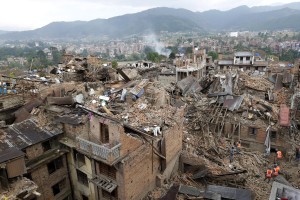
Just shy of one year ago Nepal was rocked by a series of catastrophic earthquakes that devastated infrastructure, caused significant deaths, and upended previously-vulnerable communities.
Today, we are just days into two horrific earthquakes that caused significant damage and loss of life in both Japan and Ecuador. The magnitude 7.8 earthquake that struck Ecuador on Saturday has seen mortality rates rise to 500 with 2,560 people injured. Search and rescue personnel continue to work tirelessly to located missing persons. President Rafael Correa is quoted by NBC News as saying that the rebuilding process could cost as much as $3 billion. The magnitude 7.3 earthquake that struck Japan injured more than 1,000 and caused 44 deaths. Eight people are still missing. And, hundreds of aftershocks have continued to rock communities.
Back in late April of last year, I offered the following counsel for funders interested in supporting recovery efforts. Below I adopt my advice to funders from my blog entitled “Nepal: Watch. Learn. Then Act” to be relevant to the current earthquake crises.
- Watch. These earthquakes occurred less than one week ago. Before considering a funding option, wait two weeks. Maybe even four. Use that time for the magnitude of the disaster to truly unfold. It won’t be long before a fuller picture emerges of lives lost, infrastructure damaged, individuals affected, and unmet immediate response needs.
- Learn. Take that time understand how the needs associated with this disaster are unfolding by reading media accounts of the disaster, responding agency reports, UN and USAID updates about the devastation, and the CDP website.
- Act. After two weeks, the media’s attention will sadly have turned away from Japan and Ecuador. Simultaneously, the local and international nongovernmental organization community efforts will be in full swing to support the needs of affected communities and people in both countries. Now is the time for a funder to wisely choose to support medium- and long-term recovery efforts. Either by working with CDP or closely with an NGO, look to support activities that will rebuild devastated communities and put its residents back in their homes, jobs, schools, and communities.
The principles of watching, learning, and then acting apply globally. While the world is focused on the relief activities so desperately needed in Ecuador and Japan, the Center for Disaster Philanthropy urges you to think about how to support effective recovery activities.
Cash versus in-kind donations is another topic of heightened importance right now, especially regarding the earthquake in Ecuador. I spoke last night with my friend and colleague, Juanita Rilling, Director of the Center for International Disaster Information and she offered the following wisdom:
The smart money is sustaining response organizations already at work in earthquake-affected areas. Cash support to relief organizations can be used immediately to make local purchases of supplies, which gets help to people quickly while strengthening local economies.
Unfortunately, we’re hearing about large collections of used clothing and household items that responding organizations have not requested and which compete with higher priority equipment for space and the attention of relief workers. If released into local markets, these donations will suppress economic recovery too.
Please remember, cash donations to responding organizations are the more efficient way to help disaster-affected communities.
The Center for Disaster Philanthropy is available every day, 365 days a year to answer your questions about the earthquake. We can help you think through how to allocate your dollars, to whom, and for what. Please do not hesitate to give us a call.
More like this
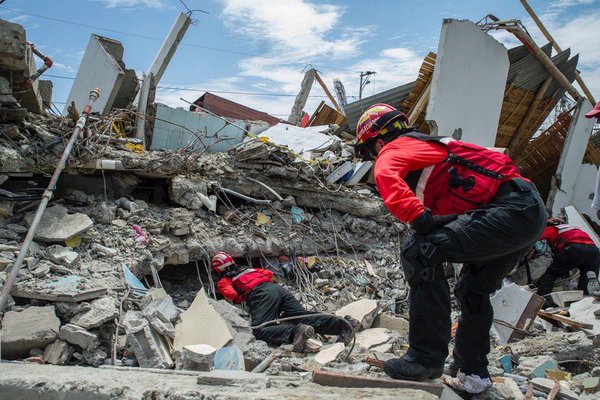
How to Respond to Recent Earthquakes
